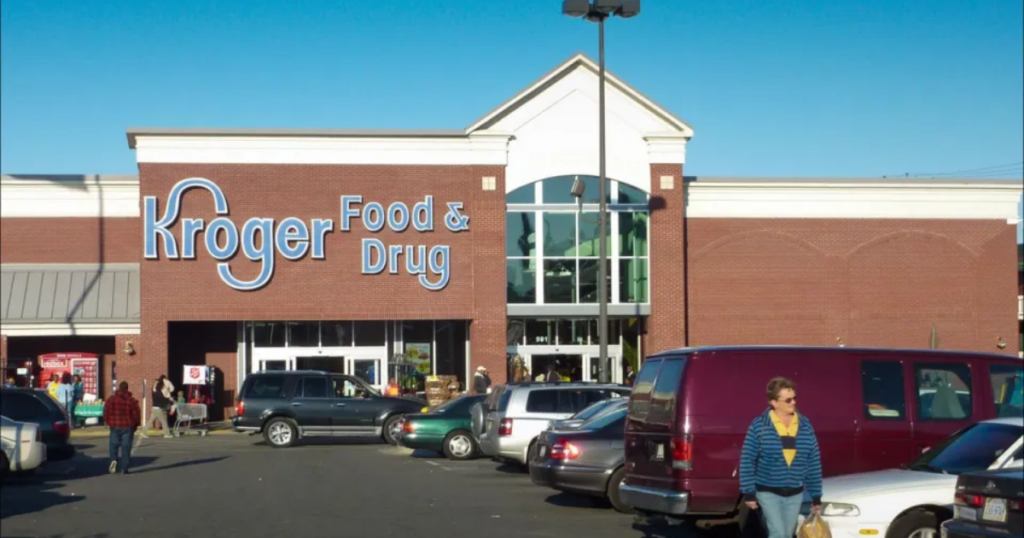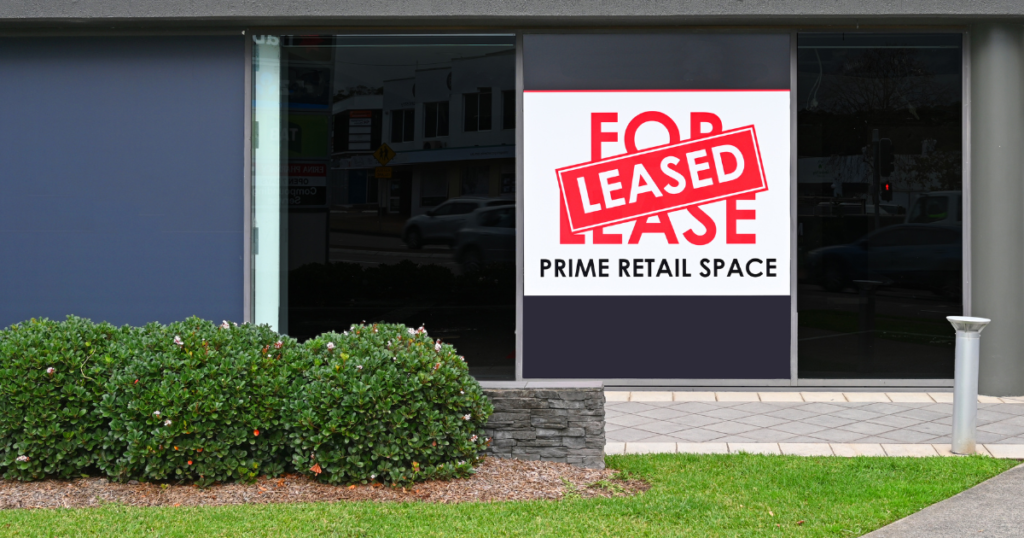The recent announcement of 600 stores to be sold in the Kroger, Albertsons $24.6B merger has sparked significant interest and speculation within the retail and grocery industry. This strategic move raises questions about the future landscape of the market, potential impacts on consumer choice and pricing, and the regulatory oversight needed to guarantee fair competition. With implications reaching far beyond just the companies involved, the details of this merger and the subsequent divestitures warrant a closer examination to understand the broader implications on the industry and consumers alike.
Merger Details and Implications
In light of the recent $24.6 billion merger between Kroger and Albertsons, significant details and implications have come to the forefront. As part of the merger deal, 166 stores are set to be sold, with 579 stores specifically earmarked to be divested to C&S Wholesale Grocers in order to address antitrust concerns. The aim of this divestiture is to satisfy the Federal Trade Commission (FTC) and mitigate potential antitrust issues that may arise from the merger. Moreover, Albertsons’ Chief Operating Officer is poised to lead C&S retail post-merger, ensuring a smooth handover. These store closures and divestitures signal a strategic move by the companies involved to navigate regulatory hurdles and streamline operations in the post-merger landscape.
Concerns About Market Control
The rising apprehensions surrounding market control stem from the anticipated 15% price increase post-merger and the existing dominance of major players like Amazon, Target, and Walmart in the grocery industry. With limited competition already a concern, fears escalate over Walmart’s dominance and pricing influence in the market. Kroger’s substantial market share makes the implications of this merger significant, with potential repercussions on market dynamics. Opposing the merger could inadvertently protect Walmart’s market share, further consolidating its position. The worries about market control underscore the need for careful scrutiny of the merger’s effects on pricing, competition, and overall market structure. These concerns highlight the complexity of balancing market forces and consumer interests amidst significant industry changes.
Competition and Price Impact
Amidst concerns about market control and potential price increases, the grocery industry faces heightened scrutiny over competition and price impact following Kroger’s $24.6 billion merger with Albertsons. The merger agreement has sparked worries about reduced competition in the market, potentially leading to price hikes of around 15% post-merger. With major players like Walmart, Amazon, and Target already dominating the grocery sector, there are fears of further consolidation and market control post-merger. Calls for maintaining a diverse market landscape and preventing monopolistic practices through antitrust measures have been amplified as the deal progresses. Blocking the merger could also impact Kroger’s position in food sales compared to Walmart, adding complexity to the ongoing discussions surrounding this significant merger.
Government Intervention Calls
Calls for government intervention have intensified in response to concerns over the potential negative impact of the Kroger-Albertsons $24.6 billion merger on competition and market control. Opponents of the merger fear that it could lead to a monopoly-like situation in the grocery industry, reducing options for consumers and potentially driving up prices. The Federal Trade Commission (FTC) may play a pivotal role in scrutinizing the merger to guarantee fair competition and prevent any anti-competitive practices. Critics argue that allowing such a significant consolidation of power in the grocery market could stifle innovation and limit choices for consumers. Suggestions for government action to block or regulate the merger have been put forward to safeguard the interests of consumers and promote a diverse and competitive market environment.
Approval Process Scrutiny
Scrutiny over the approval process for the Kroger-Albertsons $24.6 billion merger has intensified as legal challenges and concerns about antitrust issues loom. The following key points shed light on the current situation:
- The FTC is closely scrutinizing the approval process for the merger.
- Legal challenges, including lawsuits in Colorado and Washington, are attempting to halt the $24.6 billion deal.
- Reports indicate that legal proceedings are expected before the non-closure agreement expires on February 28.
- Concerns regarding potential antitrust issues, such as price hikes and job cuts, are being highlighted by the legal challenges.
Kroger and Albertsons are actively working to schedule a meeting with the FTC to address these concerns and underscore the merger’s benefits for consumers.
Dominance of Major Players
The dominance of major players in the grocery market, exemplified by Kroger and Albertsons, has prompted strategic divestiture efforts to guarantee fair competition and prevent market control. In response to antitrust concerns surrounding their $24.6 billion merger, Kroger and Albertsons have committed to selling 166 stores as part of the divestiture process. This move is aimed at addressing competition issues and ensuring that market dominance is not consolidated in the hands of a few key players. By selling off a significant number of stores, both companies are actively working to maintain a level playing field and uphold fair market practices. The divestiture of stores underscores a commitment to fostering healthy competition and preventing any one entity from exerting undue influence in the grocery sector.
Need for Market Diversity
Market variety is vital for fostering healthy competition and preventing monopolistic practices in the grocery industry. Without a varied market landscape, consumers may face limited choices and higher prices, ultimately impacting their welfare. To guarantee a fair and competitive environment, government intervention may be necessary to maintain a balance of market players. Here are key points to bear in mind:
- Market variety: Guarantees a range of options for consumers.
- Healthy competition: Promotes better pricing and quality.
- Diverse market options: Lead to improved consumer welfare.
- Government intervention: Essential to prevent monopolistic practices and maintain fair competition.
Final Thoughts
To sum up, the Kroger, Albertsons $24.6B merger deal involving the sale of 600 stores raises concerns about market control, competition, and pricing impacts. Government intervention may be necessary to safeguard consumer interests and guarantee market diversity. One interesting statistic is that the merger will result in the divestiture of 579 stores to C&S Wholesale Grocers, signaling a significant shift in the retail landscape.


